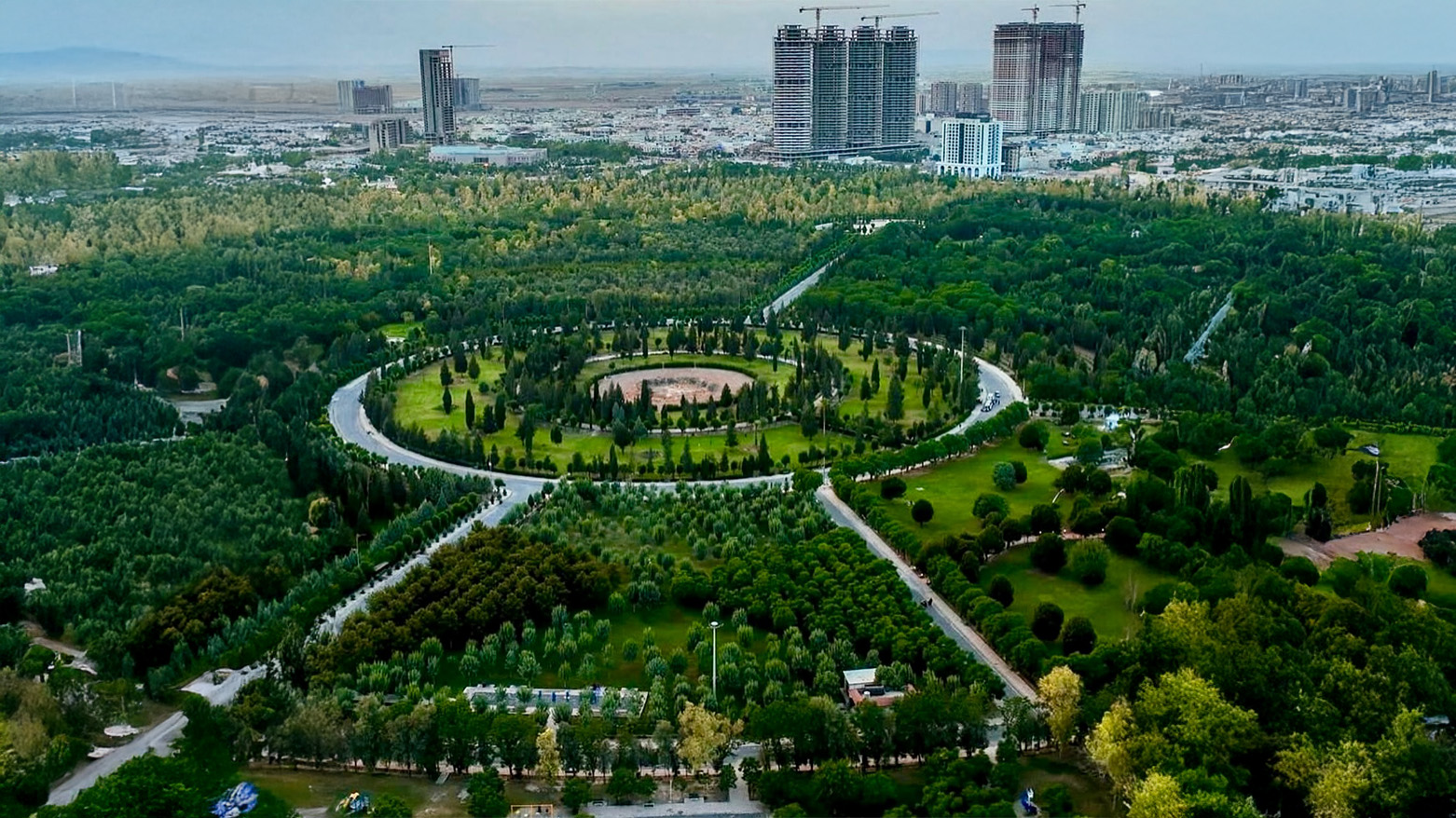Erbil Boosts Green Spaces as Nearly 900,000 Trees and Flowers Planted in Recent Years
Officials say the long-term goal is to align with global green space standards, ensuring a healthier environment for future generations.

ERBIL (Kurdistan24) — In recent years, nearly 900,000 trees and flowers have been planted across Erbil, as part of the Kurdistan Regional Government's (KRG) efforts to increase the city’s green space, according to the Ministry of Municipalities, Tourism, and the Directorate of Parks Engineering. Officials say the actual figure may be even higher, and the current green space ratio—estimated at 20%—is expected to increase further to meet international standards.
The initiative to expand greenery in Erbil has been a key part of the KRG Ninth Cabinet’s strategic urban development plan. Despite economic challenges, the government continues to push for sustainable urban growth and environmental protection by increasing the green ratio citywide.
Rebin Ahmad, Director of the Directorate of Parks Engineering in Erbil, told Kurdistan24 that population growth, vehicle emissions, and urban development have placed pressure on the environment and reduced green coverage.
“We have taken serious measures in response, and our engineering teams have conducted planning-based research to address the issue,” Ahmad said.
Ahmad emphasized that under the Ninth Cabinet, the city managed to raise its green space ratio by 2.5%, despite the ongoing crises. Currently, green areas comprise approximately 20% of the city under the jurisdiction of the Erbil Municipality.
Over the past six years, Erbil has witnessed the planting of more than 522,000 saplings and 370,000 flowers, reflecting a significant investment in urban ecology. The environmental improvements not only enhance the city's aesthetics but also positively impact its climate and air quality.
Ismail Dashti, a local environmental activist, welcomed the transformation, stating that increased greenery has helped clean up previously polluted zones in Erbil and reduce the frequency of dust storms that often blanketed the city.
“This shift in Erbil’s landscape is crucial,” he said, “and it’s important for all residents to recognize the value of expanding green areas—especially in the city center.”
As Erbil continues to expand, the region’s unique geography and rapid urbanization present challenges. The KRG has reminded all developers and investment projects to prioritize green space integration as part of their designs.
Officials say the long-term goal is to align with global green space standards, ensuring a healthier environment for future generations.